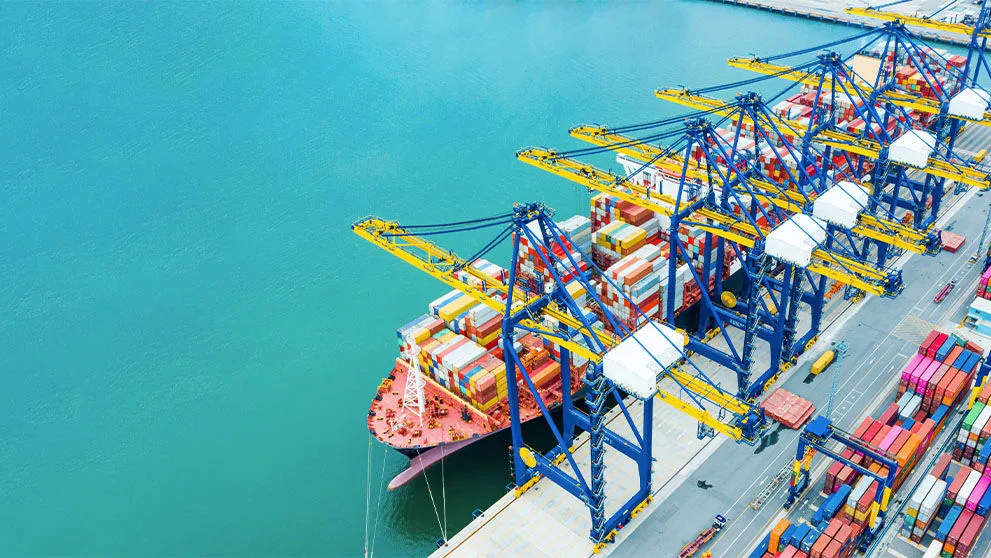
There are many potential logistical problems that can occur during esports events. For example, poor organisation can lead to long lines and delays in getting players to their stations. There may also be issues with the equipment, such as malfunctioning computers, controllers, and/or headsets. And if the event is not well-staffed, there may be problems with providing adequate food and water for all the participants. All of these problems can lead to a less than ideal experience for everyone involved.
As an esports organiser, in order to hold a successful event, you are required to be on top of things if you want everyone (spectators and participants) to have a great time. As such, you ought to know the potential logistics issues to avoid or eliminate.
In this article, we share some of the more common logistics management issues related to esports events so you can plan in advance and avoid making them when organising an esports event.
1. Insufficient software infrastructure
One of the biggest challenges in organising and hosting an esports event is not having enough software infrastructure in place to support all of the gaming stations and other equipment. This can be a challenge because gaming equipment is often very resource-intensive and requires a lot of processing power, even more so if it is a live esports event that requires a high level of technical setup.
Without sufficient software infrastructure, an event can quickly become overwhelmed and start to experience performance issues when broadcasting to a live audience as well as affecting gameplay for the players. This can lead to frustration for both the players and the spectators and has the potential to damage the reputation of the event.
To avoid this, it is important to make sure that everything is in place before the event starts. This means having enough servers and other resources to support all of the gaming stations. It also means having a good network connection so that players can connect to the servers and each other without any lag. Finally, it is also important to have a good monitoring system to detect and resolve any issues quickly. With sufficient software infrastructure in place, an esports event can run smoothly and provide a great experience for everyone involved. Players will be able to compete at their best, and spectators will be able to enjoy the action without any problems.


































